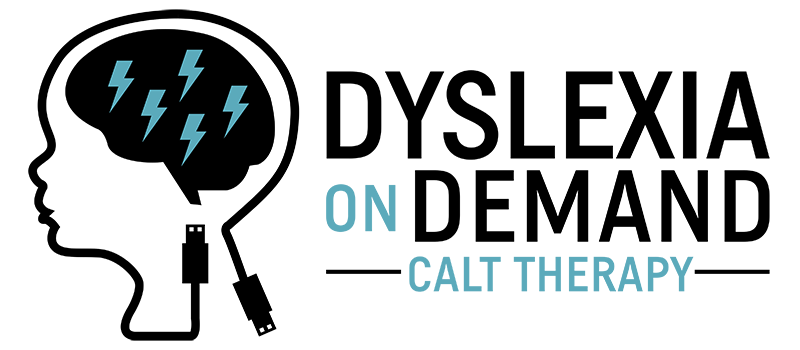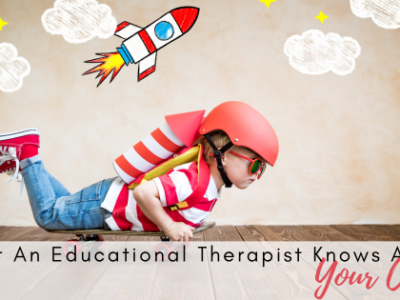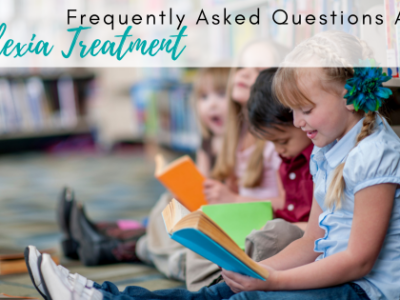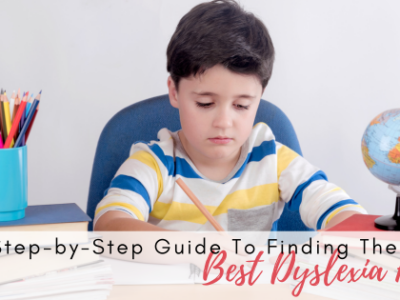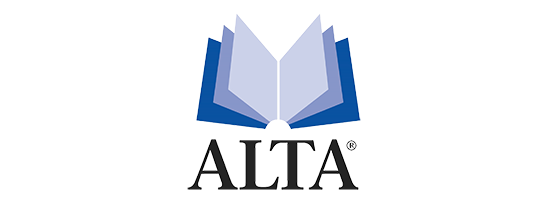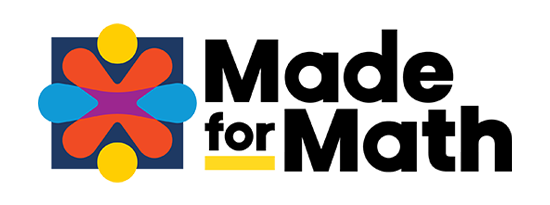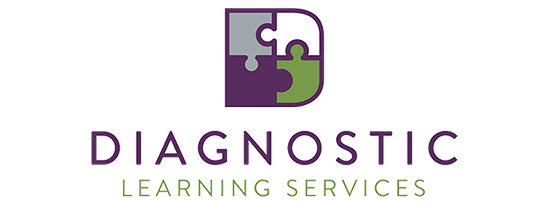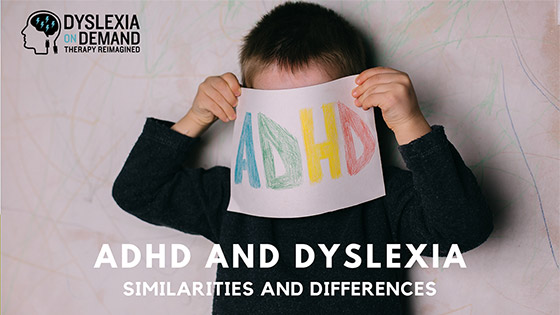
Dyslexia and ADHD: Similarities and Differences
At first glance, Dyslexia and ADHD seem quite different. One makes people read poorly and the other makes it hard to concentrate. Digging a little deeper however reveals interesting similarities. To be clear, they’re not the same, and each has separate treatments. However, about half of children diagnosed with ADHD also have another learning difference such as dyslexia. This, along with symptoms for each overlapping, shows how comorbidities (two learning differences appearing in the same person) affect dyslexic people.
While both are separate learning differences, dyslexia and ADHD often appear together and can cause reading to be incredibly difficult.
What are Dyslexia and ADHD?
In simple terms, dyslexia is a learning disorder that affects reading. It can alter a person’s phonemic awareness (ability to connect sounds to words), ability to access words in conversation, and the ability to break words into segments while reading.
ADHD is a disorder affecting attention span. ADHD also affects memory. Many with the disorder are prone to forgetting important dates and deadlines. Interestingly though, it can also affect reading. ADHD people tend to skip punctuation and lose their page position.
How do they react together?
For those with both, reading and writing is an incredibly challenging task. Let’s put ourselves in the shoes of someone with both disorders. When trying to read, dyslexic and ADHD people struggle to focus for long periods of time, have memory issues, have trouble keeping track of punctuation and their location on the page, struggle to comprehend words properly, and read at a slower rate than others. Writing is also affected. Those with both disorders often have poor handwriting and struggle to spell. These issues can cause reading and writing to be incredibly laborious and frustrating. Some may even refuse to read outright. And who can blame them? With all that, who would want to read?
What can I do if I believe my child has Dyslexia and ADHD?
The first step is to get your child evaluated. A diagnosis will not only confirm that the problem lies in either of the two — and not something else — but it also helps your child receive the specialized care they need. If your child is diagnosed with dyslexia and ADHD, intervene as early as possible. It is essential that your child has an individual education plan. Make sure to find quality therapy. Not every state or school has high quality therapeutic options. Dyslexia on Demand’s certified academic language therapists can help in this area. Also be sure to address the ADHD side equally. It’s possible to improve reading ability, but it can only occur if both disorders are addressed. Medication is a family choice, but it can help dramatically if your family decides that is the right option.
Dyslexia and ADHD present unique opportunities
Things can get gloomy quickly when talking about the challenges of having dyslexia and ADHD. Truthfully though, the term “disorder” fails to address the possible benefits of such a brain. Many with both learning differences are highly intelligent and are incredibly verbal and orally fluent. Many also excel in non-reading-oriented school subjects. They make great leaders and easily slip into the entrepreneur roll. Dyslexic and ADHD minds can be very appealing to employers, since they find solutions that never would have occurred to another person. In the end, it’s important to recognize that dyslexia and ADHD are only disorders when they’re perceived as ones.
Are you frustrated with your state’s lack of certified academic language therapists? We are too. That’s why Dyslexia on Demand was created. Our mission is to bring high-quality dyslexia therapy to anyone in the United States via the video conferencing. To learn more, call us at 888-292-3906 or email info@dyslexiaondemand.com.
